|
In a summer of rising fuel costs, beating boredom while you either take a break from homeschooling or have a lighter homeschooling load can become a very expensive proposition. Here are some fun, budget-friendly summer activities for homeschoolers.
This post may contain affiliate links. When you purchase using these links, I receive a small commission that helps provide for this website and homeschool ministry. Thank you for your support. Backyard Campout Gather your tent, bedding, snacks, flashlights, fire pit, s'more making materials, and pitch your tent in your own back yard for a campout. Share stories from your childhood with your kids, eat s'mores, sit around a campfire, and either sleep outside or stay out really late and sleep inside. Either way, you're making memories with your children--memories they will always remember. Catch Fireflies Arm all your kiddos with mason jars, with holes punctured in the lids, or this cute bug jar, and let them catch fireflies outside. Encourage your kids' innate thirst for learning with this free science lesson about fireflies from Rabbit Trails Homeschool. This free lesson on fireflies is a favorite among Rabbit Trails users. Learn all about fireflies with amazing books, create your very own firefly that glows, and have some amazing summer fun learning together! Be sure to check out other incredible lessons Rabbit Trails Homeschool has to offer--my daughter loves them! Water Play In the hot days of summer, nothing is more refreshing than water play. If you have access to your own pool, add a bunch of pool noodles and floats to have a great time (keep all those toys corralled when you're not using them with this pool toy storage and equipment holder. This holder can also be used to keep pool and outside toys organized when not in use if you go to a neighborhood pool, too. If you're like me, and don't have access to a neighborhood pool, most cities and towns have community pools that, for a small fee, Pools are not a requirement for water play, though. You can get an elaborate sprinkler like thisginormous, inflatable dinosaur one that stands six feet tall (!!!) or hook up a simple garden sprinkler to a water hose like this one, and let your kids jump through the water. If you live in an apartment with a patio or balcony, set out a pot of water on a towel on the patio or balcony, add measuring cups or plastic bowls, and let your child pour and splash to his or her heart's content. Reading On days when it's really hot outside, and you just don't want to spend the gas money going to the library, grab some books that haven't been read yet, or in a while, from your own book shelves. Encourage your child to turn off the screens and explore other places using the magic of books. Use this fun, summer-themed log to keep track of reading times, and when all the popsicles are colored in, let your child pick out a movie or a board game to play--or another book to read! Family Game Nights One of our family's favorite activities is playing board or card games together. The cool thing about games is that they're great learning tools--and the child doesn't even know he or she is learning! Our favorite board game, "Empire Builder," is incredibly hard to find, these days, sadly, but the closest thing to it is called "Empire Express." In this game, for 12 years old and up, players create competing railroad empires by drawing railroad tracks with crayons upon an erasable board. A player wins by utilizing a network of rail lines to acquire and deliver goods efficiently to accumulate the largest personal fortune. We've found, though, that wet erase markers instead of crayons work best. Other games that are favorites in our house are "Clue," "Settlers of Catan," and playing gin rummy with a standard deck of cards. There are so manyversions of "Clue" that there's something for everyone. Other favorites are "Hi Ho! Cherry-O," "Candy Land," and "Twister." Any games you have in your house are good games to play--the important thing is to play them and enjoy each other's company. Neighborhood or Nature Walks It's often too hot in the heat of the day to go for walks, but in the early morning, it's a great time to simply go for family walks either in the neighborhood or for nature walks in the woods (stay on paths so you can be careful of snakes). Later in the evening is also a good time to go for walks. Don't just walk, though--use the time to talk, catch fireflies, pick up interesting rocks, and chat with neighbors. If you take your dog on a walk during the afternoon or early evening, please be aware that the pavement can be blistering hot to a dog's paws. If the temperature outside is 85 degrees, asphalt in the sun can reach over 140 degrees! Protect your pup's feet with these dog boots for hot pavement. Family walks cost nothing, but they often encourage the best talks, and have incredible learning opportunities. Sandcastles Sandboxes are easy to make: buy a simple kiddie pool and add play sand. Cover it with a small tarp, held down with boards, bricks, or even logs from the firepit stash at night to prevent rain from dampening it or cats from using it as a litter box. Using various sizes of plastic food containers from either the cabinet or the recycling bin, and a small container of water, your child can create the most incredible sandcastles. Yes, you can purchase more elaborate sandcastle forms that kids (and adults!) alike would get a lot of enjoyment from as they build turrets, bricks, towers, and other castle structures, but you really don't need to. You can also make a sandbox by using a small tent add play sand on the inside of it. With the rain fly attached and it zipped up, there's very little chance of the sand being spoiled by rain, insects, or cats. Forts My daughter loves building indoor forts. Utilizing sheets or blankets, cover a dining room table with them and drape it over the side. Let the child design it to his or her heart's content. Add a thick quilt on the floor and a pillow, a flashlight, and some books, you may even catch your child reading in the fort--or even taking a nap. Forts can be as simple or as elaborate as your home or sanity will allow. Catch a Game Many communities have either church or neighborhood baseball or softball leagues that play in parks. You don't have to spend money to see a good game with pro baseball when you have games happening in nearby parks. Some parks even have concession stands; if they don't, make sure you pack a cooler with drinks and snacks. There are many fun, budget-friendly activities you can do in the summer and continue to learn, as learning doesn't just happen at a desk or in a book. Explore your own county and check out places that you don't normally visit, like off-the-beaten path antique stores, county museums that may not have websites (so you wouldn't know about them in your field trip planning), or use the time to tackle some projects around the house as a family. Most of all, have fun! - Terrie (C) 2022 Terrie Bentley McKee ALL RIGHTS RESERVED
3 Comments
The year 2020 has wrecked havoc on the whole society, but none more so than public school kids and their parents. In the spring they found themselves thrust into doing school at home, away from everything they knew. This also gave parents who were considering homeschooling a test drive without the legalities of actually withdrawing their children.
This post may contain affiliate links. This links are curated by the author to bring you the best deals to help you succeed in homeschooling. I receive a small commission, at no cost to you, when you click on and purchase using these affiliate links. I thank you for your support. Now, it's the start of a new school year. Some public schools are going back in a mish-mash of at-school / virtual learning / hybrid concoctions that confuse even homeschoolers who don't have a child in the school. As someone who's in a couple of homeschooling groups for her state, I've seen the number of people in the group jump over the last six months as people who have kids in virtual public school think they're "homeschooling." No. Virtual public school is not homeschooling. There are many differences between homeschool and virtual public school (done at home) -- and they are not alike. Curriculum Parents do not choose the curriculum for their kids in virtual public school. It's what is assigned by a teacher. With parents now aware of what is being taught in public schools, or told to not listen in, or buy their children earbuds so only they can hear what's being taught -- more and more parents are calling foul. With true homeschool, parents choose what their children learn. Many parents, especially with middle and high school kids, talk with their children on subjects they want to learn. I asked my fifth grade daughter what she wanted to learn about in science this year, and she chose astronomy. She would not have had that choice in public school. Public schools' curriculum is dictated by a standard course of study by each state's Department of Education. This curriculum is often heavily influenced by politics, social justice, and causes that are not necessarily good things. Often, these curricula have a great deal to do with sex education and come with the inability for parents to opt-out their children, if the curriculum goes against the parents' worldview. In homeschool, parents set the standards of what their children learn. They choose the curriculum, based on their worldviews and what they want to teach their kids. Often, in homeschool, kids are exposed to a wide range of philosophies that they can compare and contrast. Many public school systems, especially in more liberal states, have teachers and curriculums that are taught to the kids that emphasize one philosophy or religion over another and downplays the largest religion in the world. For example, some school systems encourage kids to learn about Islam but not Christianity, eliminating teaching whole thought. "Normal" School While browsing in a homeschooling group I'm in for my state, I saw a post by someone who made the comment they're homeschooling now until schools reopen like they were in the past, so their kids can go to normal school. While I get what this person was saying, it sound awfully disparaging. My daughter has learned more in the last three and a half years of homeschool than she did in the two and a half years she spent in public school, simply because the curriculum was taught in ways that she learns best. Our homeschool is best for her, but it is not inferior to an education she would receive if she were in public school. In fact, based on what she learns -- cursive writing, grammar, how to write paragraphs, Bible, math that makes sense -- her education, I believe, is superior to that of kids her own age and grade level. Schedule For my daughter, getting up at seven o'clock and rushing to eat breakfast, get dressed, drive to school, then do all the school things was incredibly stressful. All that, plus the anxiety that came with being bullied due to having dyslexia, was just too much for her. She has chronic migraines, diagnosed at four years old, and she would have upwards of 15 migraines a month while she was in a public school setting. Since she's been in homeschool, she gets up between eight and nine in the morning, has breakfast and takes her meds, then eases into the school day with Morning Basket time. During Morning Basket, we cuddle on the couch and I read pages from two books: Bible Stories for Courageous Girls and The Story of the World: History for the Classical Child. Easing into the day by reading these books that encourage her in her faith and tell a story about the period of history she's studying reinforces key concepts and starts the day off on the right foot. Since we've been homeschooling and incorporating relaxed themes, she has had maybe five migraines in three years. Eliminating stressors have helped her anxiety a great deal. Homeschooling on our schedule enables us to incorporate learning into family trips. My husband plays wheelchair basketball, and last year we had the opportunity to travel to Wichita, Kansas for the championship games. Along the way, we incorporated homeschool into the trip by spending time at the Laura Ingalls Wilder Homestead in Mansfield, Missouri; the Ulysses S. Grant Home and the Arch in St. Louis, Missouri; and walking along the Mississippi River. We listened to Little House series on audio books all the way there, and all the way back. Visiting the Wilder homestead and museum after listening to her books really made the artifacts in the museum come alive. We would not have had this amazing experience if we did not homeschool. Computers Kids in virtual public school spend about six to seven hours in front of the computer with instructional time. In the in-person school setting, they don't get that much instructional time on a good day. No wonder kids are fidgeting and their attention span is out the window! That much screen time isn't good for anyone. For Laura, my daughter, 5th grade homeschool lasts about 3-4 hours at most. She does her book work, practices the ukulele, and we call it a day. A regular day in public school is filled with crowd control, walking to the library, art, cafeteria, recess, etc. There's so much time that's wasted on behavior modification that the teachers cannot possibly teach in the way that her students learn. When you homeschool, you can customize lessons for each child in the way he or she learns. You get the work done, learn it, and move on. Field Trips In the days before schools shut down, most students would only go on 3-4 field trips a year. We purposely plan our homeschool weeks to do academics Monday through Thursday, and leave Friday open for field trips. These field trips may entail going to a museum: I've planned such field trips to coincide on the curriculum. We visit exhibits that are curated to dovetail what Laura is learning in school. These field trips may entail a trip to the library, or a park. They may be a visit to a national or state park that has some relevance to what we're studying. The point is, nearly every Friday we go on a field trip that supplements what she's learning in school. She could not possibly get that level of supplemental learning experiences in public school. Don't Give Up If you have chosen to homeschool instead of doing virtual public school, don't decide to send your kids into the same environment you removed them, just because it's hard. Homeschool is hard -- most things that are the most rewarding are difficult. Give it a couple years, make it your own, and watch your kids flourish. Homeschoolers can graduate high school, walk in graduation ceremonies, and go on to college -- and thrive doing so, often stand out with their abilities to reason and write. Don't give up! Don't say you're going to try this for six months and then put your kids back in public school, hoping "they won't be too far behind." Homeschool, done right, will put your kids further ahead than you could possibly dream -- if you, as the parents, are willing to do the work with your kids and stick to it. Social media is tightening up and restricting many social media homeschool pages such as the one associated with this website. Don't miss anything -- subscribe to Homeschooling One Child's email newsletter so you don't miss a single post. Subscribers also receive special deals, coupons, and homeschooling tips. Subscribe here today! In Christ, Terrie (C) 2020 Terrie Bentley McKee ALL RIGHTS RESERVED I like a clean house. I don't like cleaning house. There's the conundrum. And there's absolutely nothing like homeschool (and blogging / vlogging about homeschool) to make one acutely aware of just how messy and cluttered one's home really is.
This post may contain affiliate links. Homeschooling One Child is a participant in the Amazon Affiliates referral program. We receive a small commission, at no charge to you, when you click and purchase using these links. We thank you for your support. Listen, I've sat on this blog post for months now. Knowing that it's extremely hypocritical of me, and also knowing my adult children (and my husband) will read this post and go, "Do whatI?" So this is my promise to myself that if I write it and publish it, I will actually do it. [insert laugh track here] Life Skills I firmly believe in teaching life skills in homeschool. While there is a day dedicated to paying taxes along with all the paperwork required to do so, there is not a Mesopotamian Day. Maybe there should be, but there isn't. We still need to learn history, including the Fertile Crescent, but knowing how to do taxes is important -- along with how to properly load a dishwasher, do laundry, operate (and clean out) a vacuum cleaner, etc. So here's the thing, the secret and joyful part about teaching life skills: you teach them so you can get your students to do them, so you don't have to do all of them. Little kids can easily clean up after themselves. Teach the "clean up song," use a timer, whatever you need to do, to get them to help clean up the homeschool area before dinner -- especially if your homeschool area is, like mine, also the dining area. Teach tweens to do their own laundry, load and unload the dishwasher as well as hand-washing dishes, clean the bathroom, and other necessary jobs. Teens need to learn about filing taxes, completing employment applications, voting, and heavier household tasks like moving. Ironing clothes, using a laundromat, repairing things, sewing, and car repair are all things that teens need to learn to prepare them for life as an adult. House management It helps me when I manage the house by utilizing a schedule. Sticking to it on the long-term is something that I have an issue with. Check that: it's an opportunity for growth. Yes, that's it. Some people have set days for laundry in which they do all their laundry on that one day. My adult sons, who live out of the house, bring over their laundry to work on as they do some outside chores for me that I just cannot do. It's a good system. Since I have a washer and dryer at my beck and call, I usually do a load a day, to stay on top of it. Do what you need to do -- but teach your little ones how to do laundry, too: sorting, washing (hot, cold, warm, etc), drying, folding, and putting away. I have found that soaking dishes, then running them on express wash in the dishwasher, is a quicker method than on normal, particularly when I have to do a load before dinner so we'll have dishes to eat on, or if there are a lot of dirty dishes. I use the express wash a lot, and have become a fan of it, actually. If I soak and do an initial swipe with the scrubber brush beforehand, the express cycle does a great job of washing and sanitizing them. I've taught my daughter (the only child left at home) to do this, too, so now she loads and unloads the dishwasher. In my homeschool, we schedule breaks in between two to three subjects. During these breaks, I ask my daughter to do a small chore, say, unload the dishwasher, then she can take her break. Usually she'll use the bathroom, grab a snack, go outside, and maybe play a game on her tablet. That's all fine to do, as long as she comes back without grumbling to get some more academics done. This is a system that works well for us. Project Days We use the weekends for project days -- either deep cleaning or maintenance chores. Every other week, on Saturday night before bed, I'll put special cleaner in the washing machine and let it run at night. This way, it doesn't use up precious daylight hours when we could be doing washing clothes. The same goes for the dishwasher. I remove the filter, clean it and remove all the debris, then put it back. I like to use this cleaner to clean the dishwasher, as it removes limescale, grease, buildup, and rust (and it's all natural). I have found by taking a couple of days and deep-cleaning the house (and, by the way, if the kids help do this, I think it counts as homeschool as it's teaching lifeskills), then maintaining the cleanliness through the week, neither the house or myself get overwhelmed with it all. Little Ones You may be homeschooling one while having a little one on your hip or at your ankles. Homeschooling a child while having a baby or toddler is tough, but not impossible. Teaching the toddler, especially, that this is the time for brother or sister's school will acclimate him or her about school. Try to include the toddler as much as possible -- they might want to do "school" too. Try these tips:
Homeschooling, homemaking, and your sanity can coexist, but it requires working smarter, not harder. Make the appliances and tools work for you, not against you. Unless they're paying rent in the form of cold hard cash, kids need to be doing chores, as they live there, too. Finally, there is absolutely nothing wrong with taking a mental health day during the week, putting on some kid-friendly DVDs or streaming services, and letting the kids watch a movie or two while you get things in order in the kitchen, or do a general clean-up. Sometimes, friend, we just have to do that to help our own sanity. In Christ, Terrie (C) 2020 Terrie Bentley McKee ALL RIGHTS RESERVED Homeschooling is more than moving school into your home: it is your opportunity to create a deeper relationship between learning and your child. When done well, teaching and learning becomes a constant guest that fits into your life instead of rudely interrupting it.
Homeschooling will definitely transform your day, but you have much more power over your schedule than you realize. Being creative and flexible with your school hours, days, and weeks, means having more freedom to make choices you might not have thought possible. A Life of a Homeschooler is a Life in Flux When the kids were all very small, consistency was the key to keeping us on task. We chose to hold school year round because it fit our needs. As the kids grew older, baseball became a summer occupation for my husband as a coach. We opened a wider stretch of weeks in the summer for a break. Eventually, we followed closely with the public school schedule when our older children first began attending college, as we didn’t want to miss out on the time that they were home with us for the summer. We flexed our calendar schedule, but our hourly schedule has seen plenty of change too. With multiple children, we schooled in rounds. The younger children get up earlier, so we would begin with the subjects that they needed my hands-on instruction for. When they were excused for a break, the older kids had instruction time. We wrapped up the day with online math and personal reading time. Last year, I worked away from home two days a week. We again switched back to year round school AND to a four day week. Because of my work schedule we chose to have school on Saturday mornings instead of a traditional “school” day. With homeschooling, it is your school; you decide when and how you will fulfill your state’s required minimum days of school. With this flexibility parents find that homeschooling might be a more feasible option where they once thought it was impossible. With co-ops, play groups and activities you can still schedule outside activities with another family or share rides to help cover work schedule overlaps. Thinking Outside of the Norm Many parents I speak to are intimidated by homeschooling because of the perceived time commitment. Eight hours a day teaching seems like a daunting requirement for anyone, but especially for the person who has to make the same kids dinner and tell them to do their chores. Homeschooling takes less hours than you think. A school day is not eight hours long. A school teacher’s workday is eight hours, this is to make up the American standard, 40 hour workweek. If you discount time trading classes, settling in, correcting students and reviewing material covered in the previous class, instructional time is less than 30 minutes on average. If the average school day has seven periods, that is roughly three and a half hours of hands on instructional time. The four hour school day is not as hard to schedule for. At our house we do school from 10am to 2pm; this works for my schedule as a freelance writer. I work best in the early mornings, while the house is still quiet, but in other homeschools, the kids rise early and do any work that takes parental involvement in the morning hours. A parent can work in the afternoon from home while the children move into their own studies, electives, hobbies and chores. Some parents alternate teaching days with their spouse to fit their work schedules, single parents have created similar approaches to shared teaching times if they live where the state allows parents to teach an unrelated students. Room to Explore and Be Creative My public, high school class had over six hundred students. I was able to take one art class, it was the only class I looked forward to and I knew I was not going to have the opportunity to have another one. Homeschool students have the opportunity to explore topics that interest them. I encourage parents to find ways to discover their children’s interests and make them creditable. Do they play a sport? Homeschooling gives the flexibility for offseason training. Do they love games, tech, photography or art? Classes are available in abundance through homeschool curriculum providers or in the same places I learned how to build a website and improve my blog; classes online. Education is rapidly changing and adults are taking the reins of their skills and turning to sources outside of the traditional college network. Course creators and creative entrepreneurs are taking notice and creating tools to give those with skills a platform to teach. Our students can receive high school credit while under our supervision for learning any number of skills in and outside of “school” hours. Creating a schedule that fits your life and the needs of your student will give you a homeschool experience that feels natural and compliments your family’s rhythms. With less stress and conflict, student work gets done and learning can begin to be fun again. |
AuthorTerrie Bentley McKee is an author and speaker who homeschools her youngest daughter. Married to her husband Greg, they have four children, all of whom have special needs of varying degrees. Terrie is a follower of Jesus Christ and tries to glorify God in all she does. To read more about her testimony, click here. Affiliate LinksHomeschooling One Child is a participant in the Amazon Services LLC Associates Program, an affiliate advertising program designed to provide a means for sites to earn advertising fees by advertising and linking to amazon.com. Check out our YouTube channel!Check out our podcast!Please pin!Archives
January 2024
Categories
All
|
- Home
- Blog
- Podcast
-
Resources
- Teach What is Good Devotional
-
Convention Resources
>
- Homeschooling a Teen with Autism
- Tips on Creating a Disability-Inclusive Church
- How to Teach Your Exceptional Child about Faith
- Homeschooling Preschoolers with Autism
- How to Pick Developmentally Appropriate Curriculum for your Autistic Child
- Overwhelmed
- Homeschooling One Child
- Life Skills Chickens
- Strategies on Homeschooling Kids with Special Needs
- About Us >
- Vlog
- Homeschooling News
- Printables
- Special Needs
- Curriculum
- Encouragement
- Home Management >
- History
- Science
- 25 Days of Advent
- Courses
- Store
(C) 2023 Terrie Bentley McKee ALL RIGHTS RESERVED
- Home
- Blog
- Podcast
-
Resources
- Teach What is Good Devotional
-
Convention Resources
>
- Homeschooling a Teen with Autism
- Tips on Creating a Disability-Inclusive Church
- How to Teach Your Exceptional Child about Faith
- Homeschooling Preschoolers with Autism
- How to Pick Developmentally Appropriate Curriculum for your Autistic Child
- Overwhelmed
- Homeschooling One Child
- Life Skills Chickens
- Strategies on Homeschooling Kids with Special Needs
- About Us >
- Vlog
- Homeschooling News
- Printables
- Special Needs
- Curriculum
- Encouragement
- Home Management >
- History
- Science
- 25 Days of Advent
- Courses
- Store
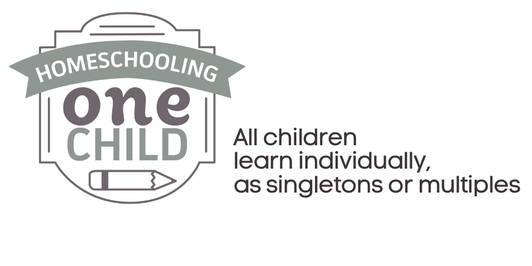
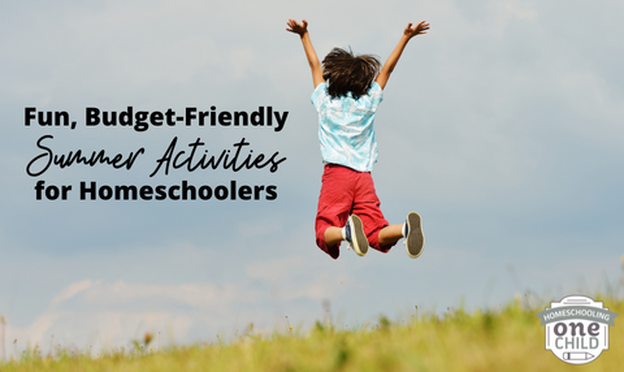

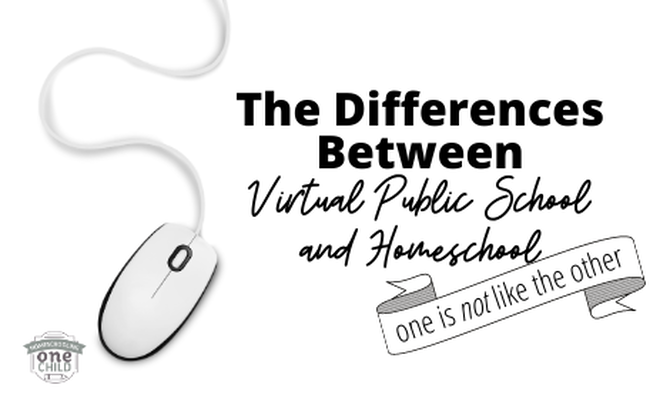
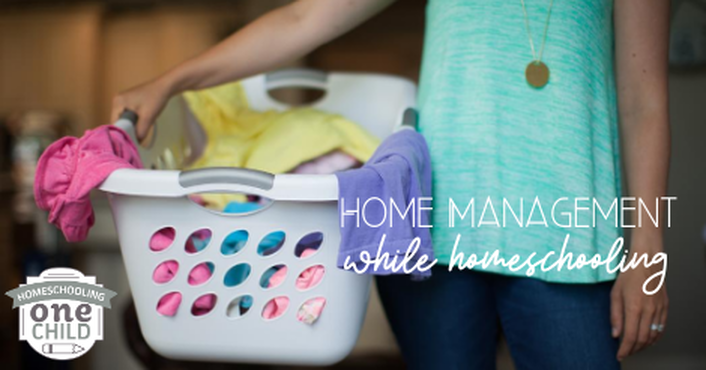

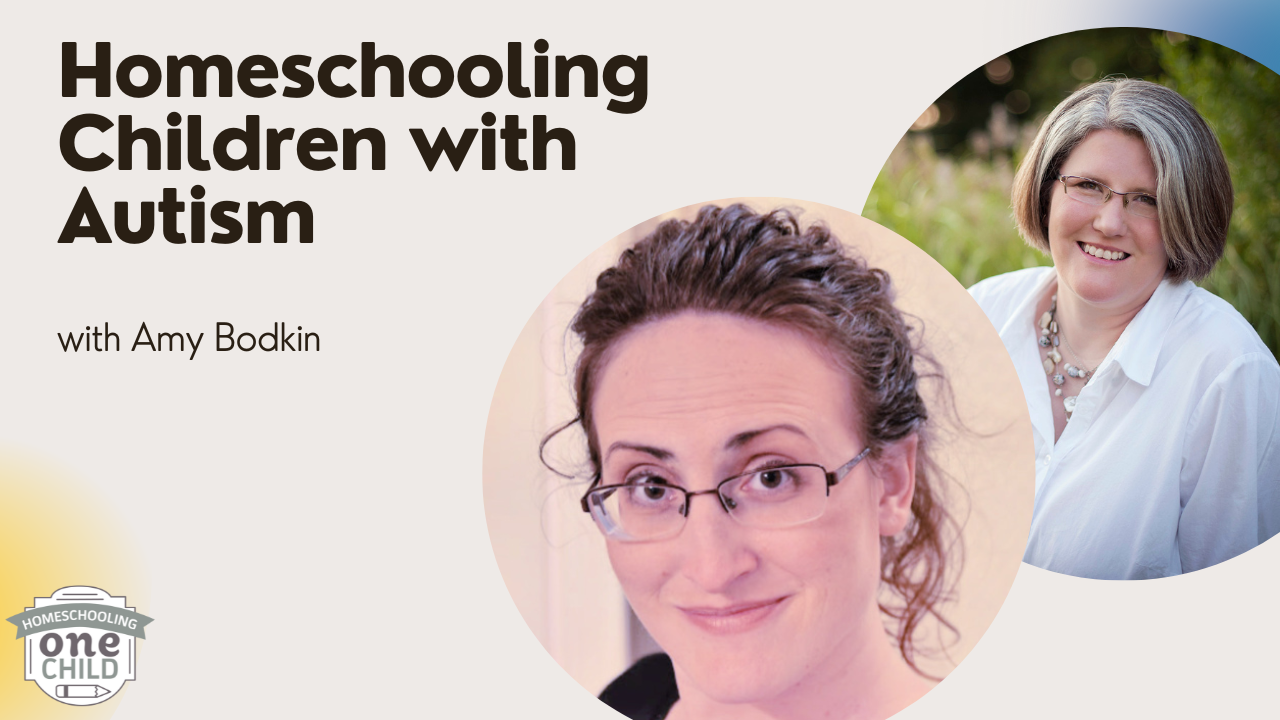
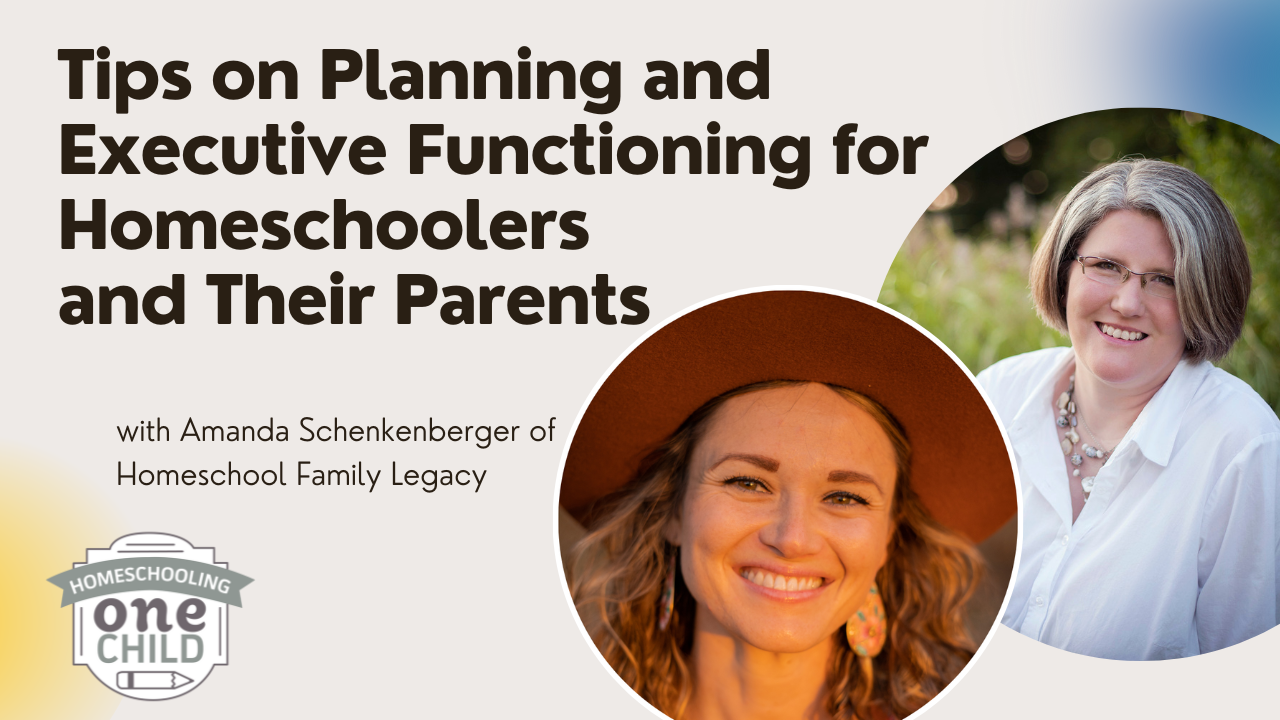
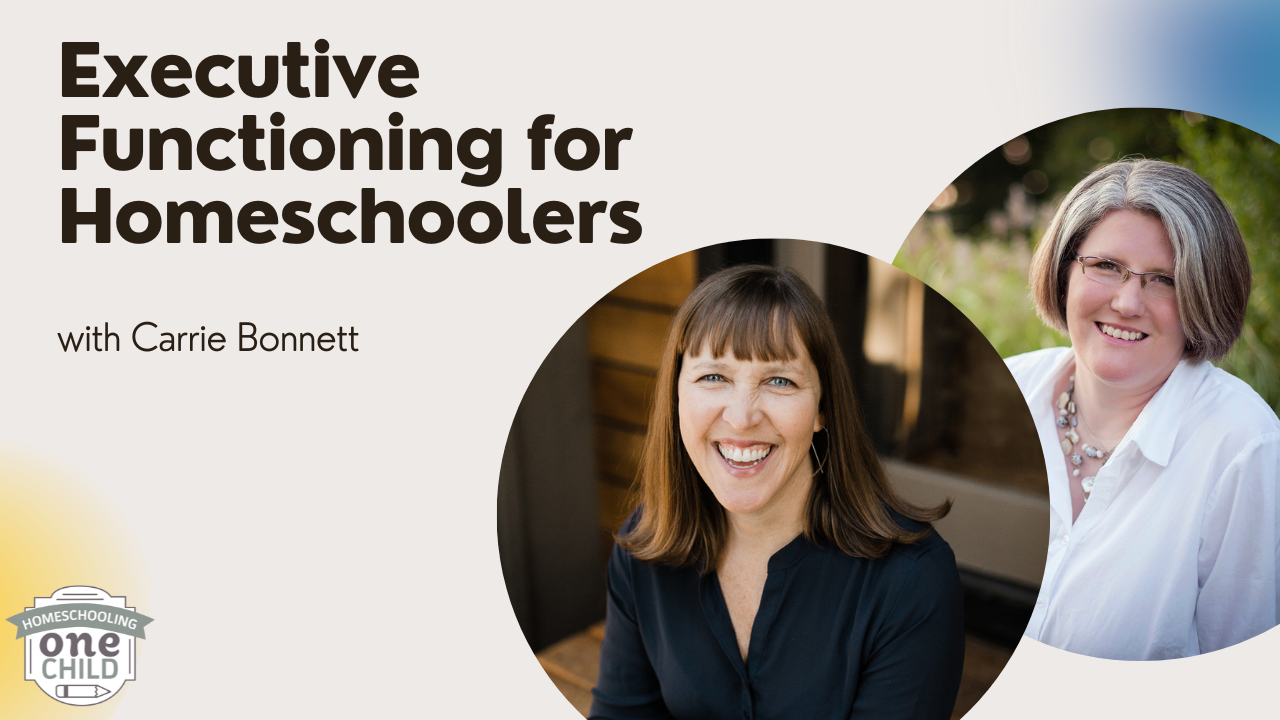
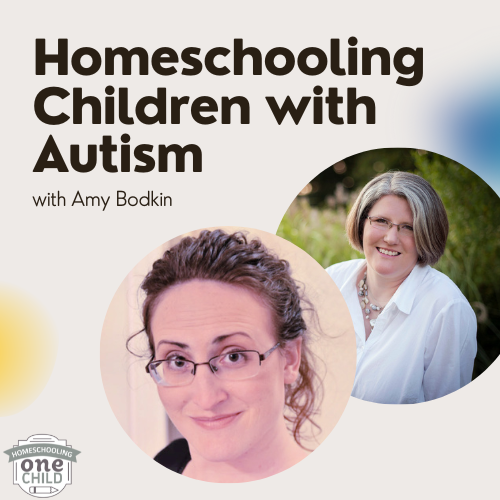
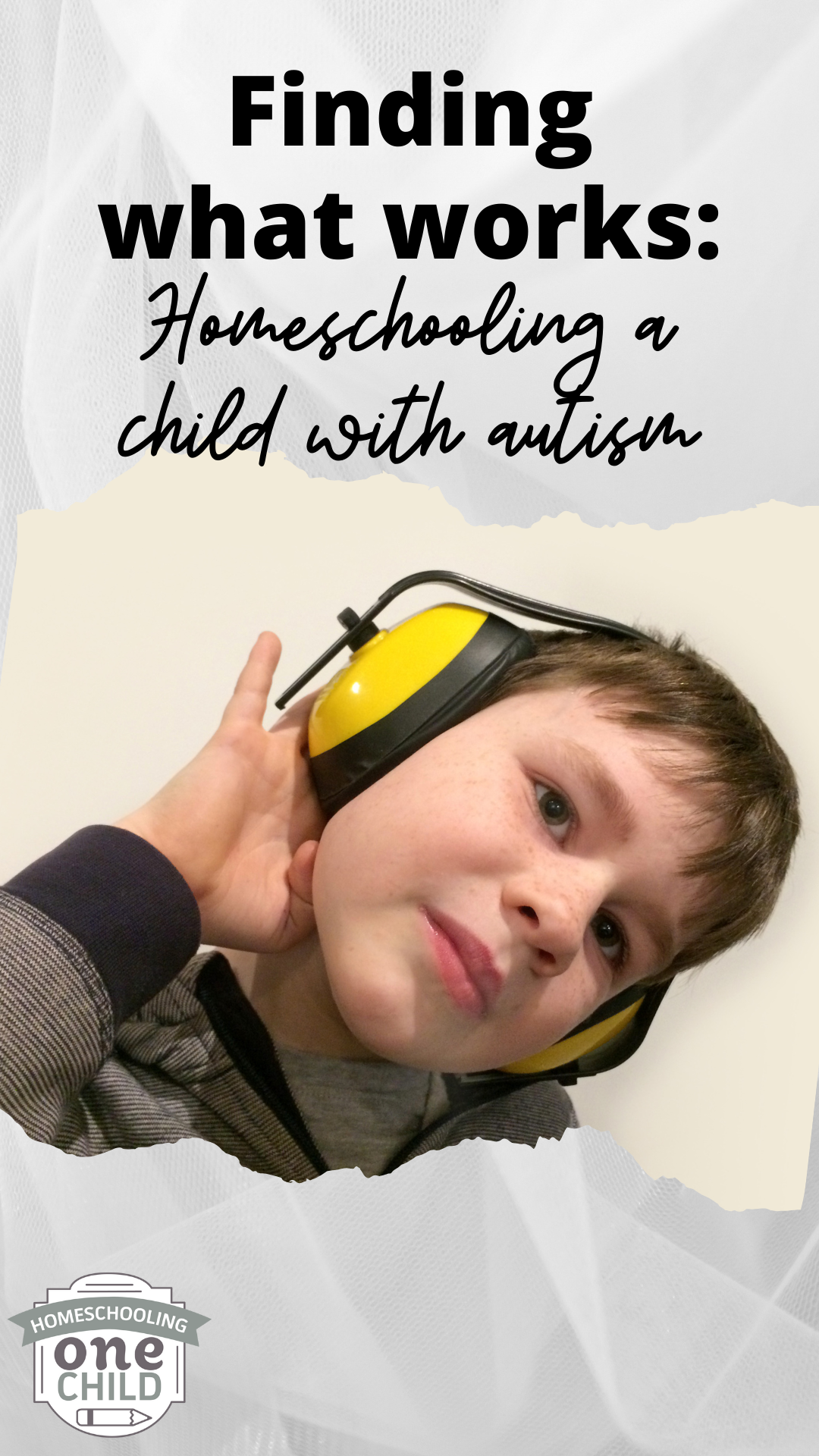
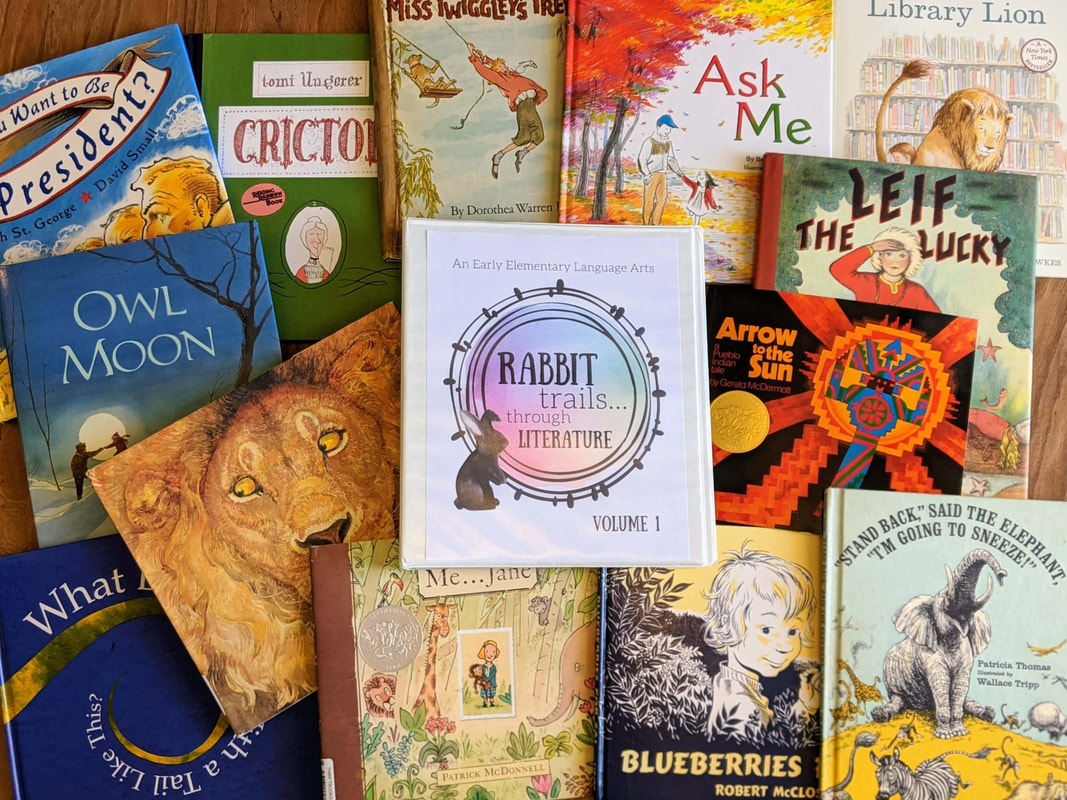
 RSS Feed
RSS Feed
